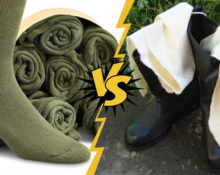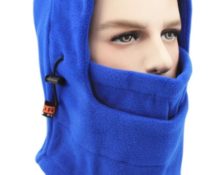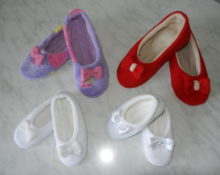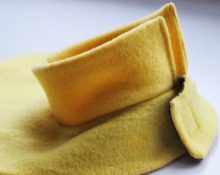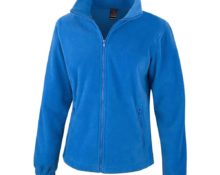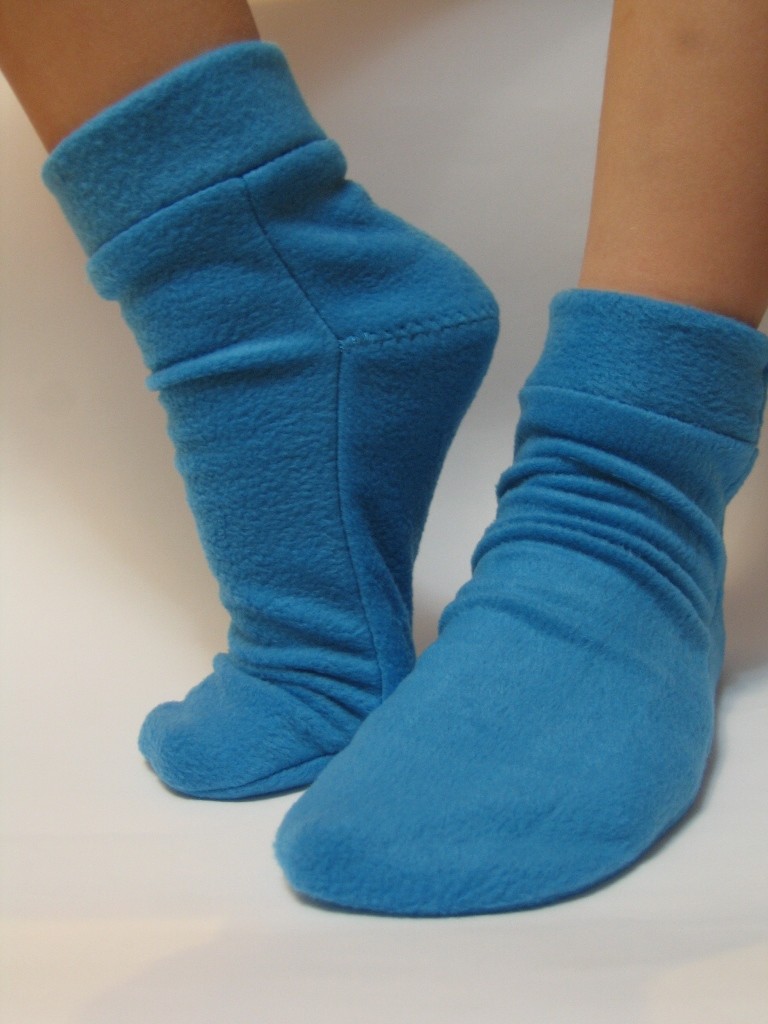 You can never have too many socks! For any mood and pastime, we select suitable socks for children and adults.
You can never have too many socks! For any mood and pastime, we select suitable socks for children and adults.
Required materials and tools
You can sew socks from any elastic fabric, ideally elastic.
Perfect for:
- various types of fleece;
- Jersey;
- any knitted fabric, including used knitwear;
- thin drape;
- stretch denim. Old, faded jeans are perfect.
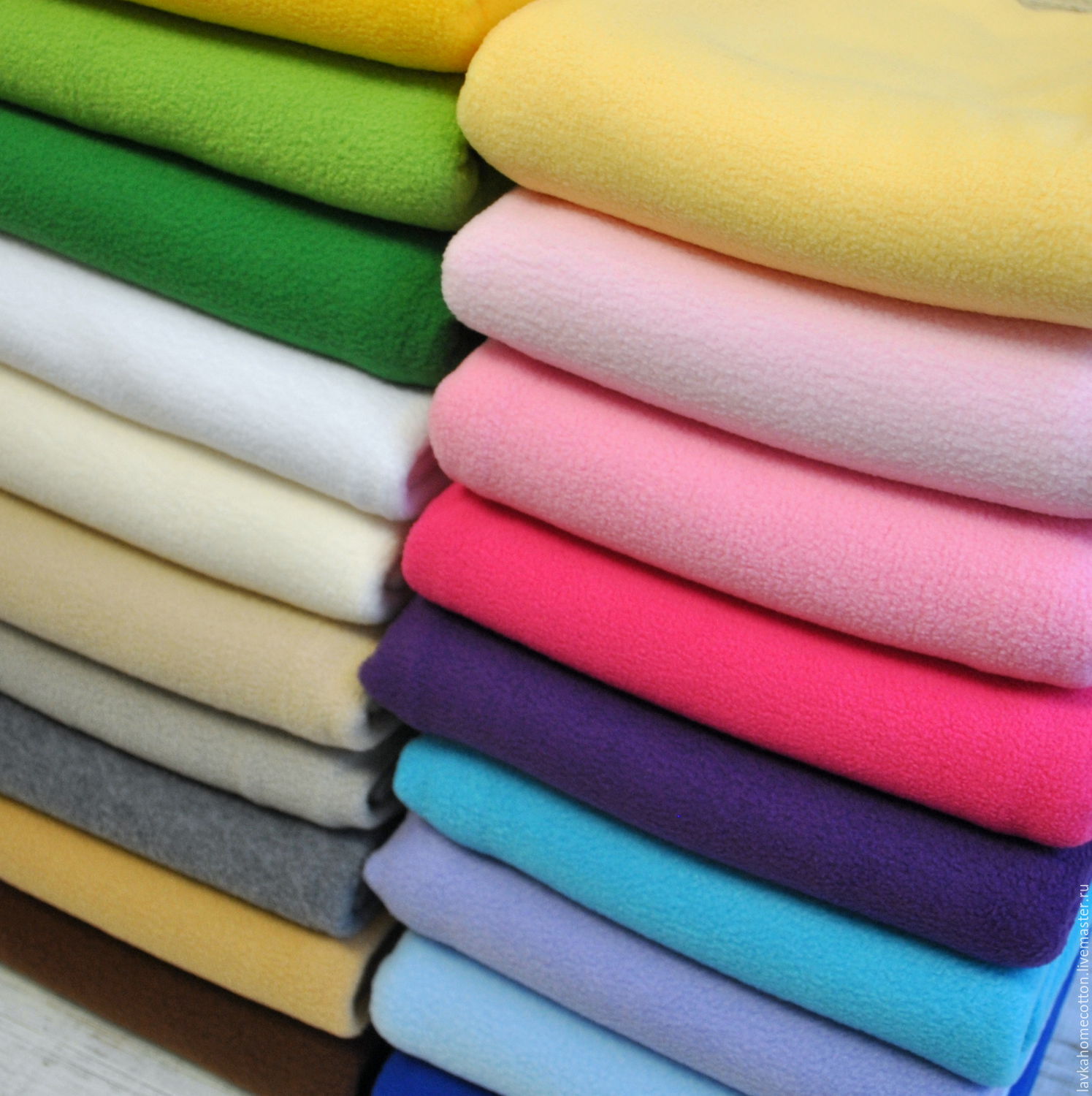 You don’t need any special equipment to provide your family with warm socks, but it is advisable to have an overlocker.
You don’t need any special equipment to provide your family with warm socks, but it is advisable to have an overlocker.
The overlay machine simultaneously trims, stitches and overcasts the edge of the product.
Other necessary equipment:
- Sharp scissors – some types of fleece and knitwear are difficult to cut.
- Double machine needle for knitwear. Creates a convenient double stitch.
- Soap. It crumbles less than chalk, which makes it easier to work with fleecy fabrics.
How to correctly take measurements from a child or adult?
We will need a measuring tape to determine the size of the legs.
For some models, the foot is additionally outlined on paper, and the sole is cut out along this contour.
Advice! A cut out and then sewn sole made of felt, felt, drape, rubber will turn your socks into soft house slippers - boots.
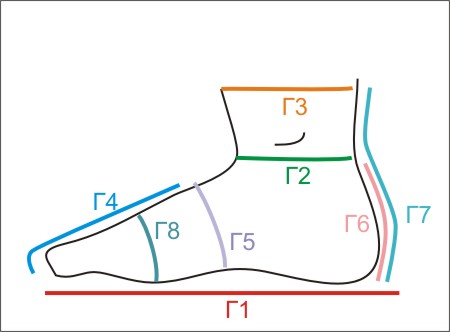 First of all, We are interested in the following measurements:
First of all, We are interested in the following measurements:
- sole length (G1);
- product height (G7);
- leg volume in the elastic area (G3);
- leg volume under the bone (G2);
- heel height (G6);
- foot circumference (G5).
Other measurements are given for a more comfortable fit and are taken into account as desired.
Step-by-step construction of a pattern for fleece socks with your own hands
Pattern for sizes 34-36.
By increasing or decreasing the size of the squares - cells, we can adjust the size of the socks.
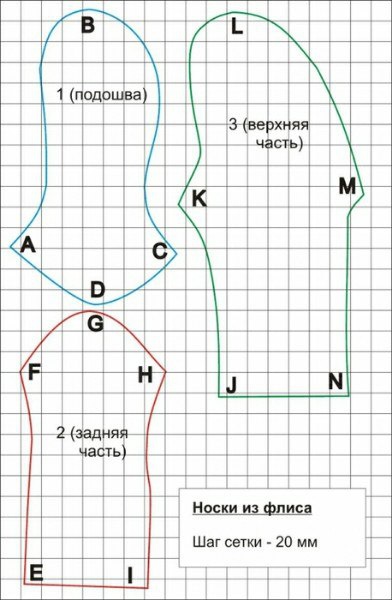 There are quite a lot of patterns for sewing socks, from simple ones of two or three parts to complex ones, for example, the Japanese style.
There are quite a lot of patterns for sewing socks, from simple ones of two or three parts to complex ones, for example, the Japanese style.
Important! Remember that we need all the details in duplicate, a mirror image. Our socks need a pair.
Japanese Style Single Toe Sock Pattern
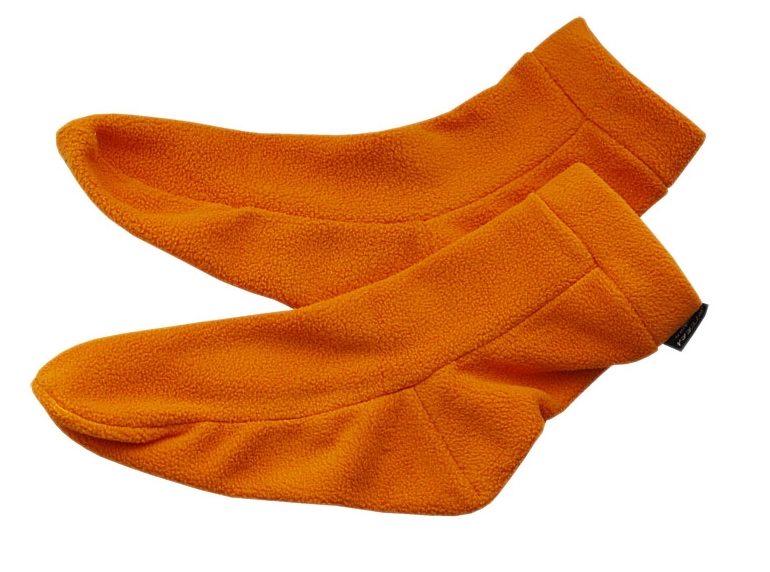
This model is not as difficult to implement as it seems; it is carried out entirely according to the measurements shown in Figure 1.
Uncover
Progress:
- We transfer the pattern details to the prepared fabric, chalk it, and do not forget about the seam allowance of about 5 mm.
- Cut out the details.
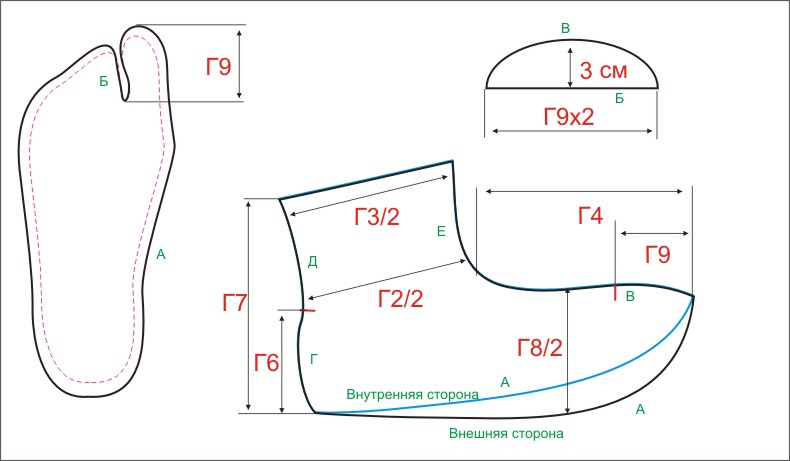 Sew the details
Sew the details
It is not necessary to baste our blanks; we perform machine or overlock seams right away.
Advice! Fleece can be sewn simply by hand, using a seam “over the edge”, without pulling the thread tightly. This material practically does not fray; there is no need to overcast its edges.
For convenience, you can put marks on the pattern and patterns, and, when sewing, make sure that the marks match on different parts.
For convenience, we add an elastic band or cuff along the top edge.
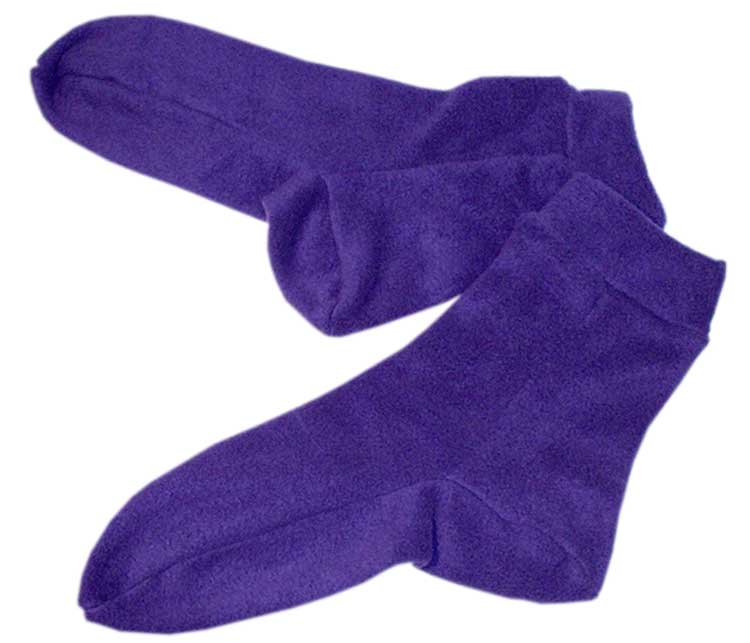 If there is no such desire, then we simply turn it over and finish the top edge with a “closed hem” seam.
If there is no such desire, then we simply turn it over and finish the top edge with a “closed hem” seam.
We know that socks are a fast-wearing product. Having a pattern on hand, we can easily and simply provide the family with comfortable, lightweight socks.


 0
0